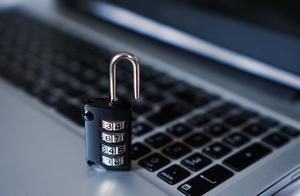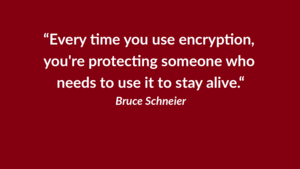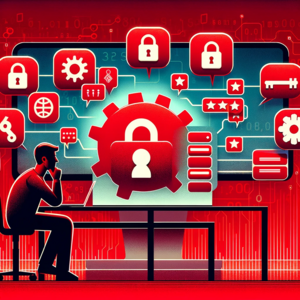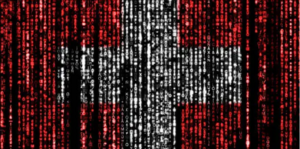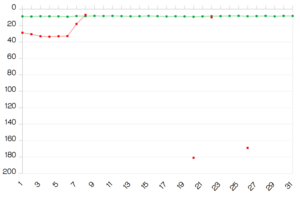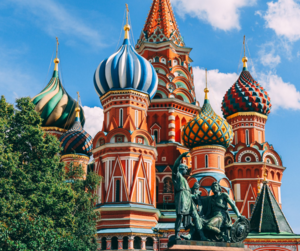Who is being monitored?
Politicians regularly claim that they need to ban encryption to protect the children. But who is actually being monitored?
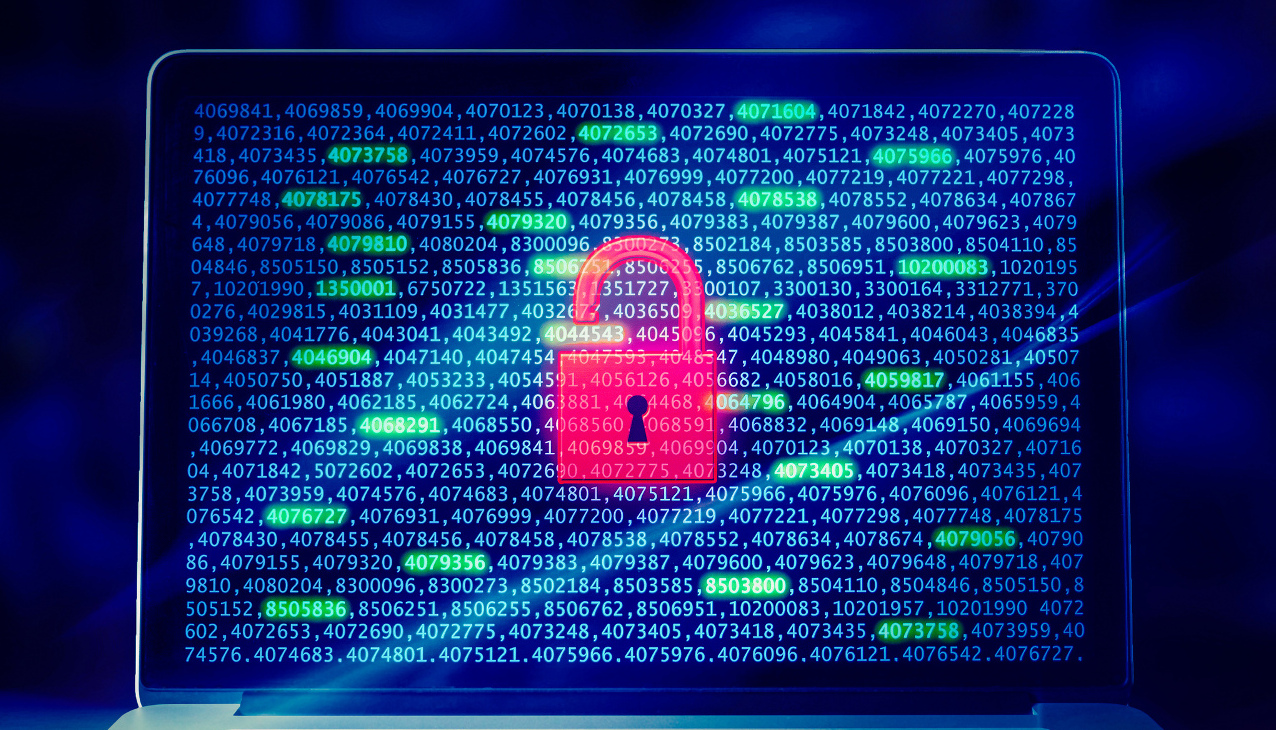
Who is being monitored?
In the major mass media in Germany massive propaganda is being made for tightening the surveillance of telecommunications because of the allegedly widespread child pornography. It increasingly looks like politicians are framing the need to ban encryption to protect our children from sexual abuse. The unnamed aim: To heighten the acceptance for more surveillance among the population.
However, when looking at the actual monitoring orders issued by German courts, the numbers speak a very different language.
Drug related crimes at the top
The surprising result: In Germany, more than 47.3 per cent of the measures for the surveillance of telecommunications according to § 100a StPO where ordered to find suspects of drug related offenses in 2019. Only 0.1 per cent of the orders where issued in relation to child pornography.
Nevertheless, the main reason for the targeted measures - investigations into drug related offenses - is rarely if ever mentioned when calling for more surveillance options for law enforcement agencies.

Comparison of the percentage of monitoring orders for child pornography and drug offenses in Germany, 2009-2019.
In most cases the surveillance of telecommunications was ordered for drug-related crimes. No other area had so many surveillance measures ordered.
In Germany, just under half of all telecommunication surveillance measures were carried out for drug offences in recent years. This is shown in the annual statistics of the Federal Office of Justice (BfJ).
The annual overviews of the Federal Ministry of Justice show on the basis of which individual catalogue offence of § 100a of the Code of Criminal Procedure (StPO) the interceptions were ordered. Most of the interceptions were ordered for violations of the Narcotics Act on the basis of Section 100a (2) no. 7a and no. 7b of the Code of Criminal Procedure. In 2010, 6,880 cases were registered in this regard (33.7% of all cases). About ten years later, in 2019, there were 8.624 cases (47.3% of all cases). In connection with the distribution, acquisition and possession of child pornography, only 19 cases were registered in 2010 (0.1% of all cases). In 2019, there were 21 cases (0.1% of all cases) registered.
In recent years, child pornography has played only a marginal role in telecommunications surveillance in practice, quite in contrast to the media coverage regarding this complex of topics.
Call for banning encryption
Even though the numbers speak a very clear language, politicians and media continue to fuel the myth that we need to ban encryption to protect the children. This is very dangerous. With framing the debate in such a way that banning encryption would be needed to protect the children, politicians try to swing the public opinion in their direction.
However, banning encryption is impossible: It is impossible to enforce a human law aiming at banning the laws of mathematics. Because mathematics says that you can have good encryption, it can simply be programmed with code that fits on one sheet of paper.
Only outlaws would have encryption
As a result, only people who are ready to break the law will have encryption. The general public will not.
Or as Phil Zimmermann put it: "If privacy is outlawed, only outlaws will have privacy."
What the politicians are asking for, is, consequently, wishful thinking. The Register has made a pointy prayer out of it that all politicians asking for a ban on encryption should learn by heart:
"Oh Lord, grant us this day all the data, but keep it from the sight of the evil-doers. And if that's not possible, because it isn't, even for thou, oh Lord, force industry to give it to us by framing them as complicit in child sex abuse. Amen."
The truth is: If an encrypted service contains a backdoor "for the good guys only", it contains a backdoor. It's impossible to make an encrypted system insecure without making it insecure.
Recent successes in criminal investigation, such as the breaking of Encrochat, an encrypted chat app widely used by criminals as well as the AN0M crackdown where hundreds of criminals were arrested after having used an encrypted messaging app secretly run by the FBI, show that it is also not necessary to outlaw encryption for all citizens in order to prosecute criminals.
Lives depend on encryption
Politicians will continue to call for a ban on encryption to "protect the children." But make no mistake here: Free and democratic societies depend on encryption as much as they depend on free speech and the right to privacy.

Encryption is essential to protect activists, lawyers, human rights defenders, journalists, and many more.
That's why demanding a ban on encryption must stop.
Stop the crypto wars now!

